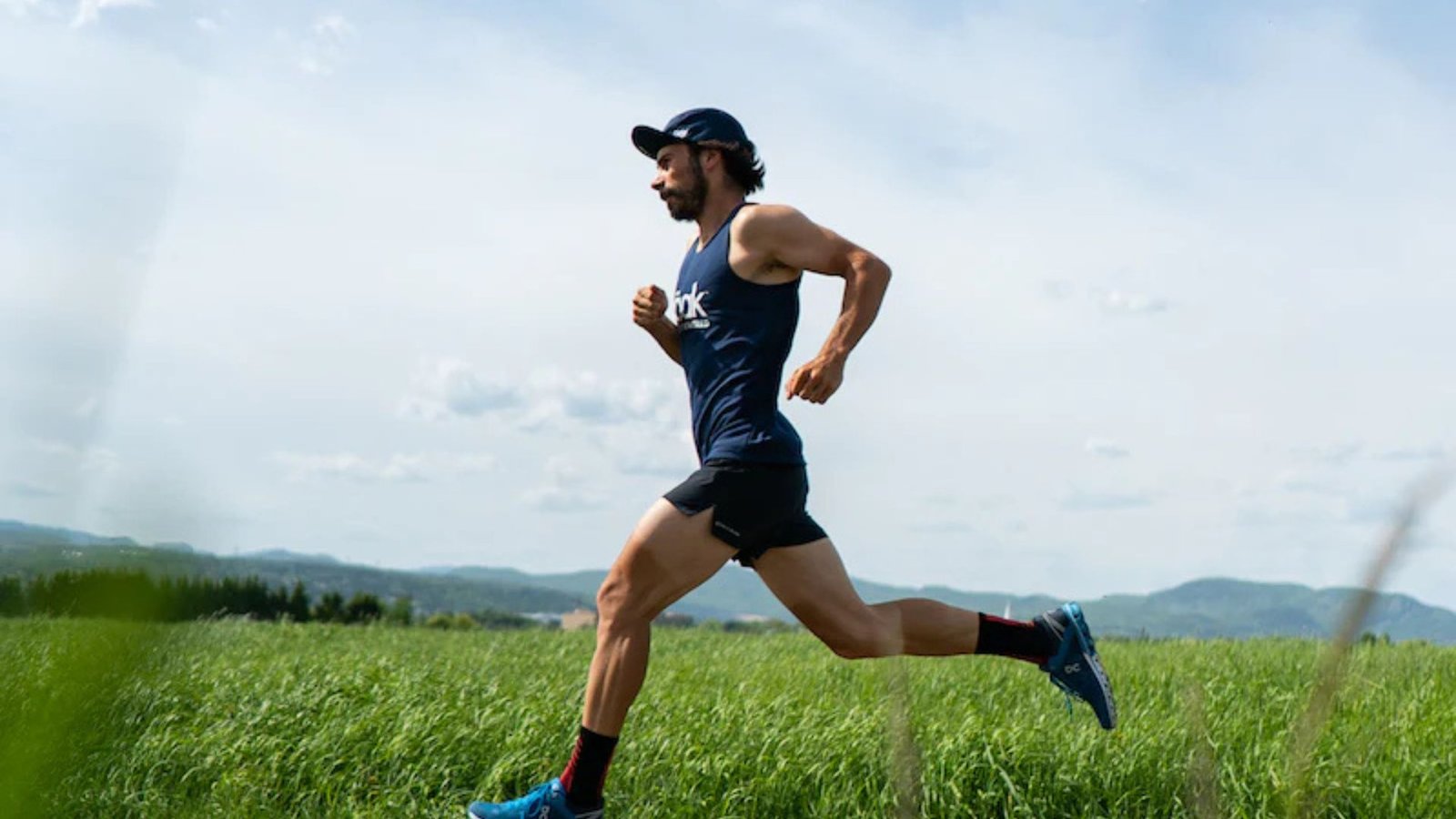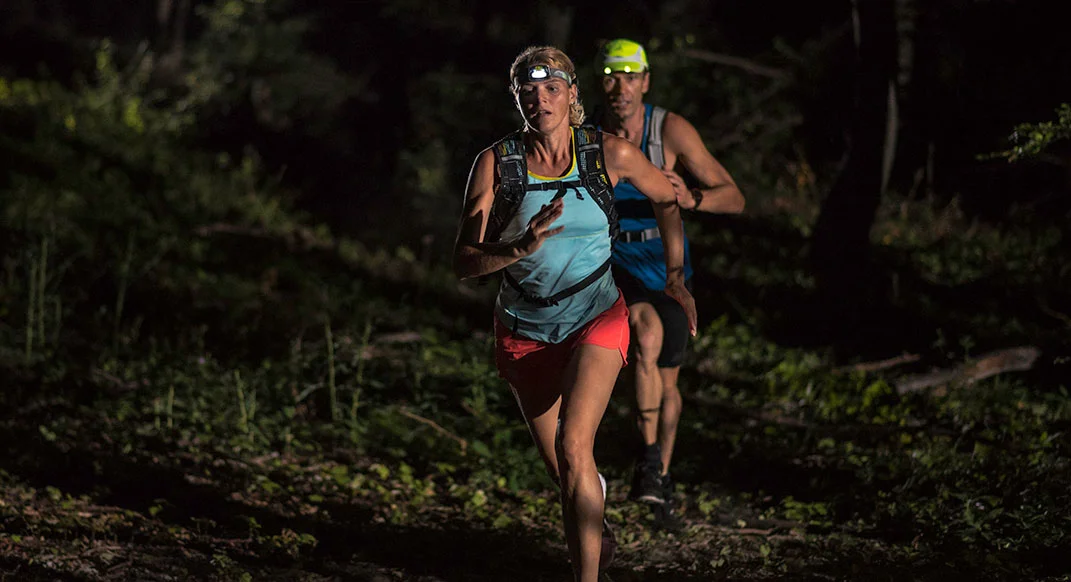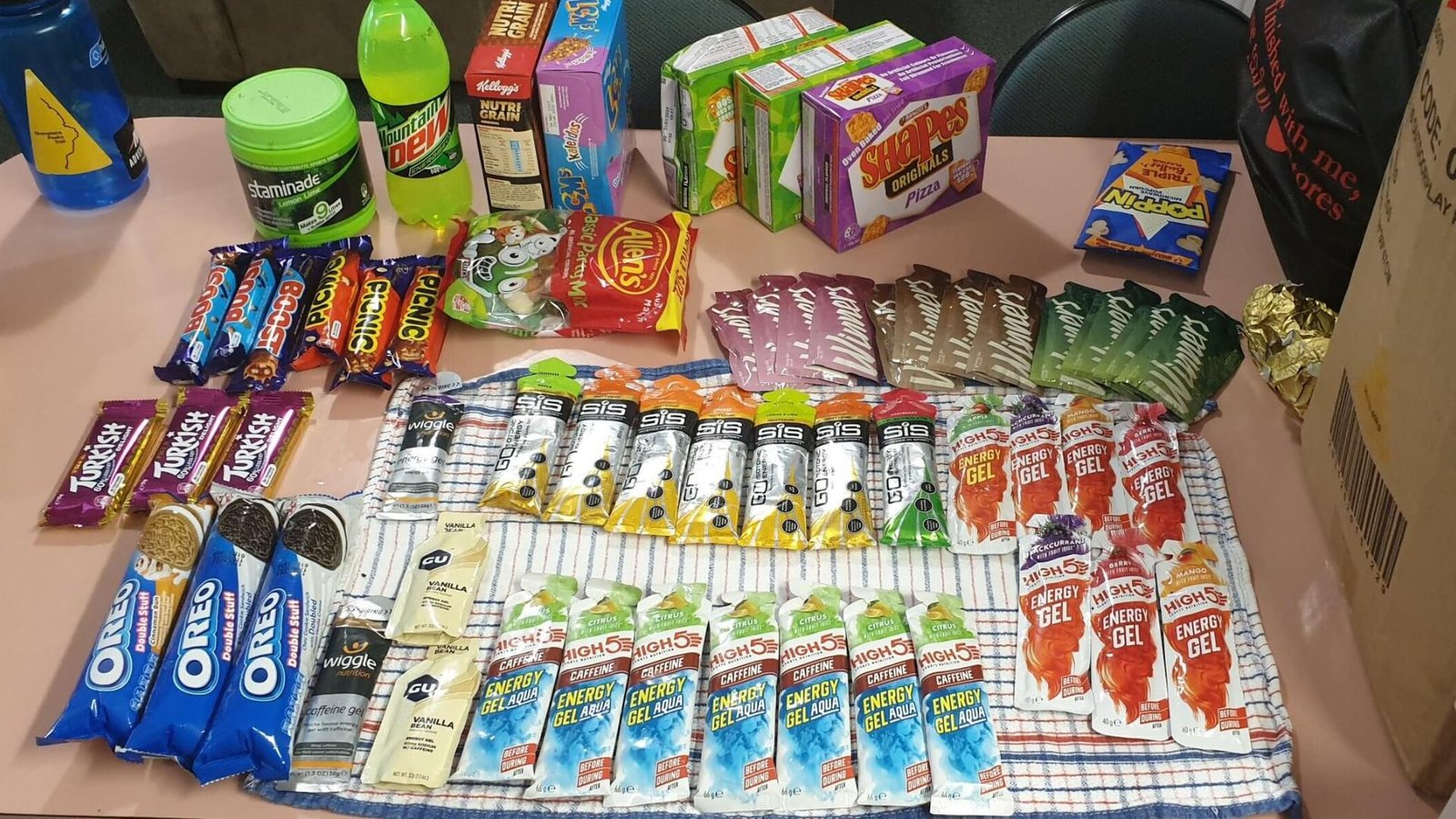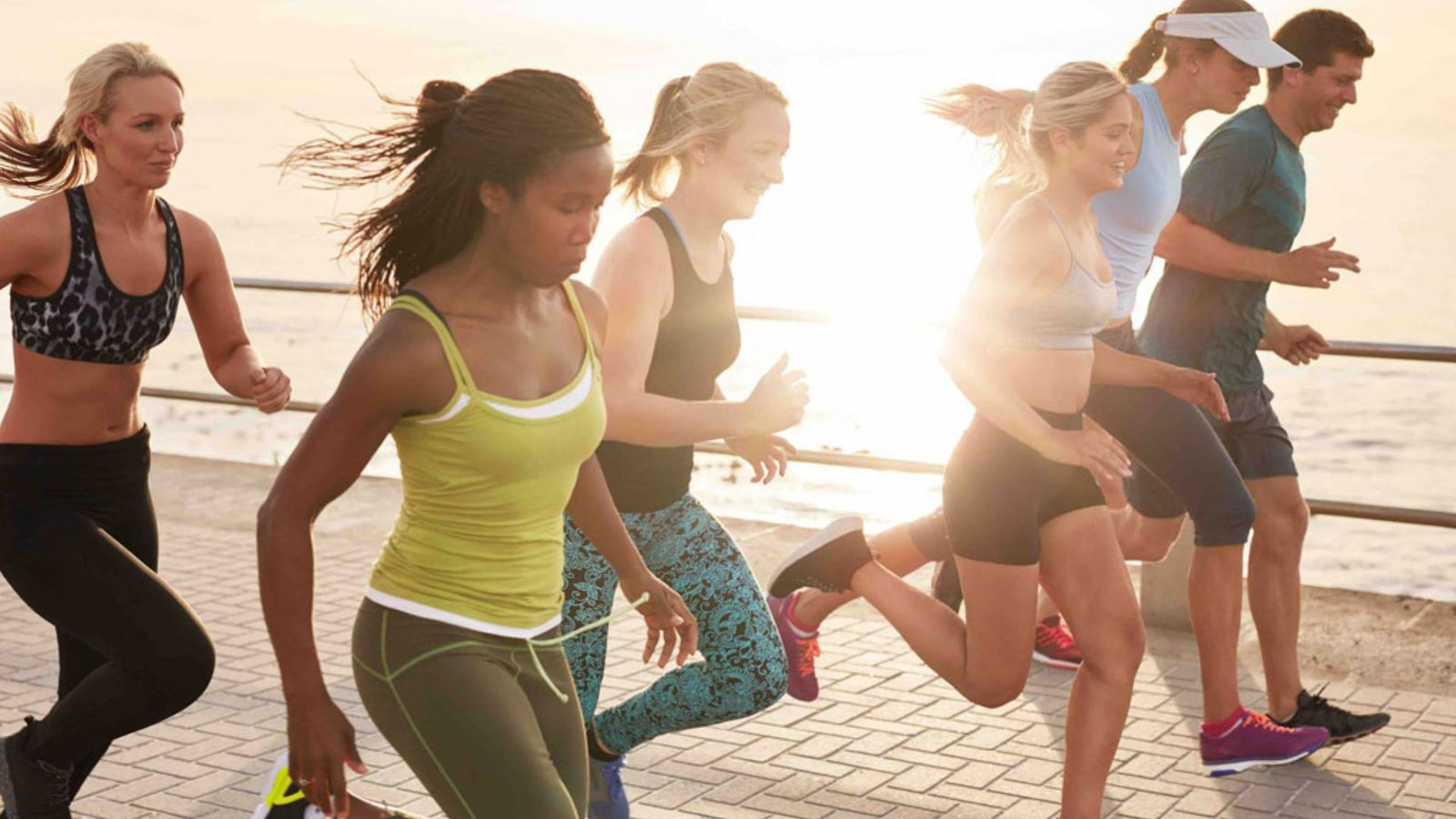Completing an ultramarathon is a major accomplishment, but the real challenge begins after you cross the finish line. Recovery is essential to help your body heal and prepare for future races. Without proper recovery, you risk injury, muscle fatigue, and burnout. In this article, we’ll explore the best ultramarathon recovery tips after a long race that will help your body recover quickly and efficiently.
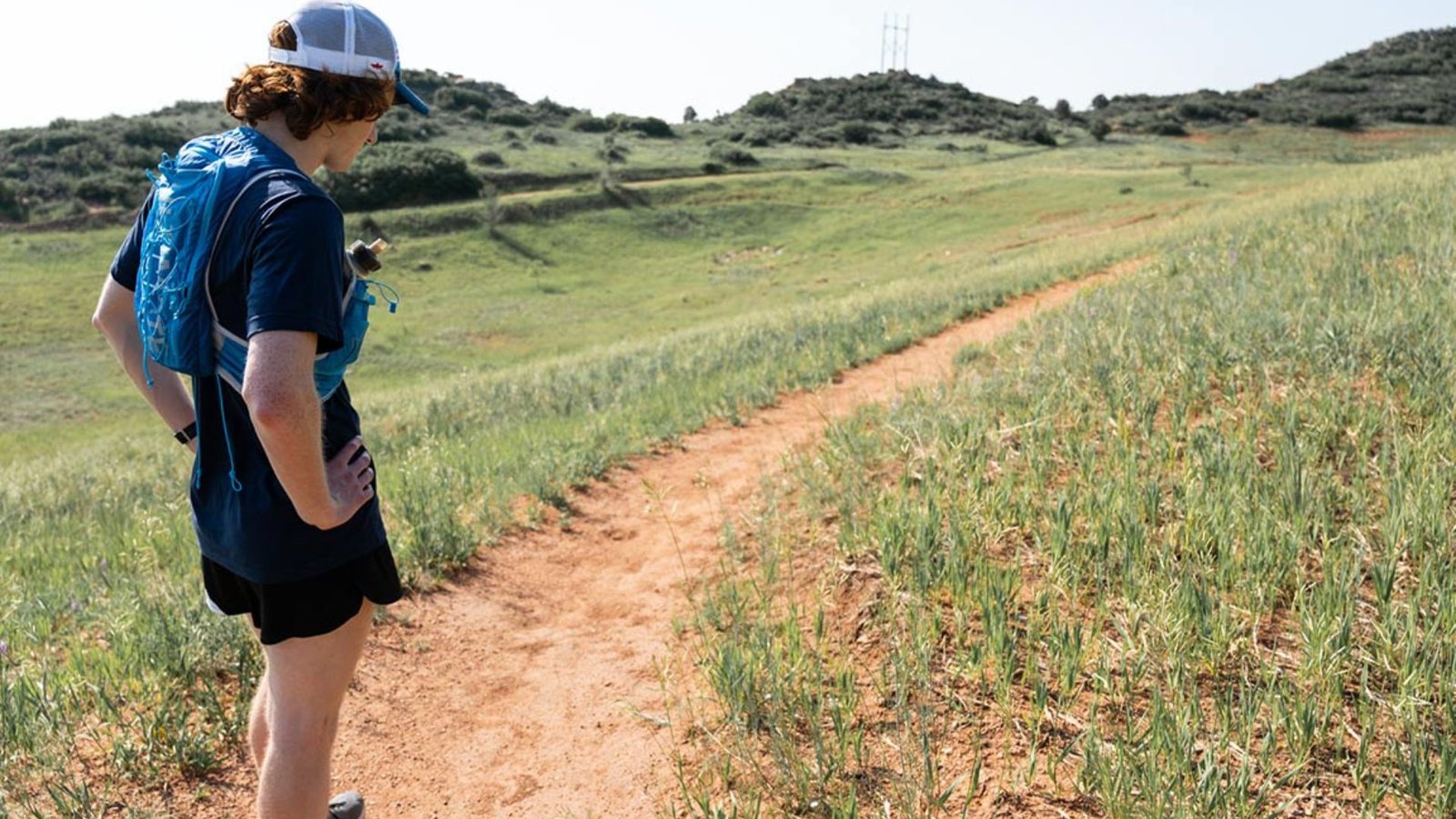
Why Recovery Is Crucial After an Ultramarathon
After running for hours, your muscles, joints, and energy stores are depleted. Recovery allows your body to repair itself, rebuild muscles, and restore glycogen stores. Without this recovery phase, you may experience extended soreness, fatigue, and even injuries that could prevent you from running again. Recovery helps maintain your fitness and improves your performance for future races.
How To Hydrate Effectively After an Ultramarathon
Hydration is one of the most important aspects of recovery. You’ve likely lost a significant amount of fluid during the race, especially through sweating. Rehydrating properly helps your body restore fluid balance, prevent cramps, and support muscle recovery.
- Hydration tips:
- Drink water immediately: Start by sipping water right after finishing. Aim to drink about 16-24 ounces of water to begin rehydrating.
- Replenish electrolytes: Use sports drinks or electrolyte tablets to restore important minerals like sodium, potassium, and magnesium.
- Coconut water: It’s a natural source of electrolytes and can be a good alternative to commercial sports drinks.
Make sure to continue drinking fluids throughout the day, but avoid drinking too much too quickly, which can lead to stomach discomfort.
How To Refuel With Proper Nutrition After a Long Race
Proper nutrition is vital for recovery, as it helps your muscles repair, refuel your glycogen stores, and reduce inflammation. After an ultramarathon, your body needs carbohydrates, protein, and healthy fats to recover effectively.
- Post-race nutrition tips:
- Carbohydrates: Refuel with carbohydrate-rich foods like pasta, rice, or sweet potatoes. This will help restore the glycogen stores that were depleted during the race.
- Protein: Include protein sources like chicken, eggs, or protein shakes to aid in muscle repair and recovery.
- Healthy fats: Avocados, nuts, and seeds can provide anti-inflammatory benefits and support overall healing.
It’s best to eat a balanced meal within 30 to 60 minutes after finishing the race to jumpstart your recovery process.
How To Stretch and Foam Roll After Your Race
Stretching and foam rolling help release tension in your muscles and prevent stiffness. After running for hours, your muscles may feel tight, sore, and fatigued. Gentle stretching and using a foam roller can help improve circulation, reduce soreness, and increase flexibility.
- Foam rolling and stretching tips:
- Foam roll major muscle groups: Focus on the calves, quads, hamstrings, and glutes to release tightness. Spend about 1-2 minutes on each muscle group.
- Gentle stretching: Perform gentle stretches for your legs, hips, and lower back. Avoid over-stretching, as your muscles may still be sensitive after the race.
- Use a massage gun: A massage gun can also help release muscle tension and promote circulation.
Foam rolling and stretching should be done gradually, especially in the first few days after the race, as your muscles will still be recovering.
How To Rest and Recover Properly After an Ultramarathon
Rest is just as important as nutrition and hydration when it comes to ultramarathon recovery. Your body needs time to heal, so you should prioritize sleep and relaxation to give your muscles the chance to repair and rebuild.
- Rest and recovery tips:
- Sleep is crucial: Aim for 7-9 hours of sleep each night to allow your body to repair and recover. Sleep promotes muscle recovery, hormone balance, and overall well-being.
- Take rest days: In the first few days after the race, take complete rest days. Avoid running or any intense physical activity to allow your body time to recover fully.
- Active recovery: After a few days, light activities like walking, swimming, or cycling can promote blood flow and further recovery without straining your muscles.
Be patient with yourself and give your body the time it needs to fully recover before you get back into intense training.
How To Manage Muscle Soreness After the Race
Muscle soreness is common after an ultramarathon, and it may last for several days. The intensity of the race and the length of time spent running can leave your muscles feeling stiff and sore. Managing soreness is an important part of the recovery process.
- Muscle soreness relief tips:
- Take Epsom salt baths: Soaking in warm water with Epsom salts can soothe sore muscles and promote relaxation.
- Use ice baths: Some runners use ice baths to reduce inflammation and numb pain. However, this may not be suitable for everyone, so listen to your body.
- Gentle massage: A light, relaxing massage can help reduce tension and improve circulation to sore muscles.
Remember, some soreness is expected, but it should decrease over time. If you experience sharp pain or injuries, consult a healthcare professional.
How To Prevent Injuries in Future Ultramarathons
While recovery is important after every race, preventing injuries in future ultramarathons is key to maintaining your running routine. Taking steps to strengthen your muscles, improve your technique, and gradually increase your training volume can help avoid injuries in the long run.
- Injury prevention tips:
- Strength training: Incorporate strength training into your routine to build muscle and improve stability.
- Gradual mileage increases: Slowly increase your mileage during training to avoid overuse injuries.
- Listen to your body: If you feel any pain or discomfort, take a break or adjust your training plan.
By following these strategies, you can minimize your risk of injury and set yourself up for success in future races.
Conclusion: Ultramarathon Recovery Tips After A Long Race
Recovering after an ultramarathon is crucial to keeping your body in top shape for future races. By hydrating properly, refueling with the right nutrients, stretching, and resting, you can bounce back quickly and reduce the risk of injury. Incorporate these ultramarathon recovery tips after a long race into your post-race routine to ensure that your body heals efficiently and is ready for your next adventure.






